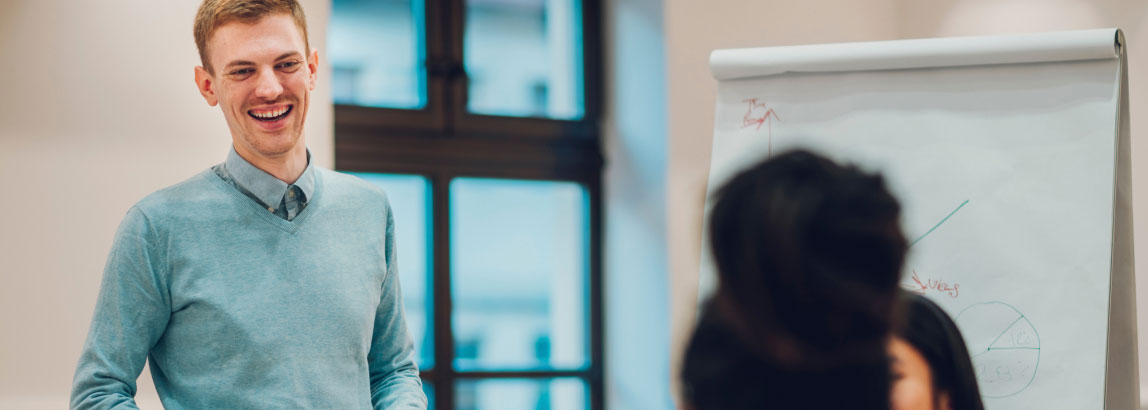Not found

Related vacancies

Postdoc: mental health in parents and the impact of COVID-19 measures
- 0.8 / 0.8
- Faculty of Science
- Researcher / Postdoc
- MSc
- Closes on01-05-2025
- Publishing date02-04-2025
Are you passionate about understanding and addressing mental health inequalities? Do you want to contribute to research that informs interventions for future pandemics and crisis situations? Then join us at Health Sciences at the Vrije Universiteit!
View vacancy

Postdoc Technical Support Unit IPBES Spatial planning assessment
- 0.8 / 1
- Faculty of Science
- Researcher / Postdoc
- Postdoc
- Closes on26-04-2025
- Publishing date09-04-2025
Are you committed to help in solving the biodiversity crisis? Are you willing to help international collaboration at the Science-Policy interface work smoothly? Then apply at Vrije Universiteit Amsterdam.
View vacancy

Postdoctoral researcher: Generating Generosity
- 0.8 / 1
- Faculty of Social Sciences
- Researcher / Postdoc
- Postdoc
- Closes on06-05-2025
- Publishing date01-04-2025
If you are interested in the project "Generating Generosity" and you are experienced in the analysis of longitudinal data and conducting experiments, apply to become our new colleague in the Department of Sociology at the Vrije Universiteit Amsterdam
View vacancy
This website uses cookies
We, and third parties, use cookies on our website. We use cookies to ensure that our website functions properly, to store your preferences, to gain insight into visitor behavior, but also for marketing and social media purposes (showing personalized advertisements). By clicking 'Accept', you agree to the use of all cookies. In our Cookie Statement. you can read more about the cookies we use and save or change your preferences. By clicking 'Refuse' you only agree to the use of functional cookies.